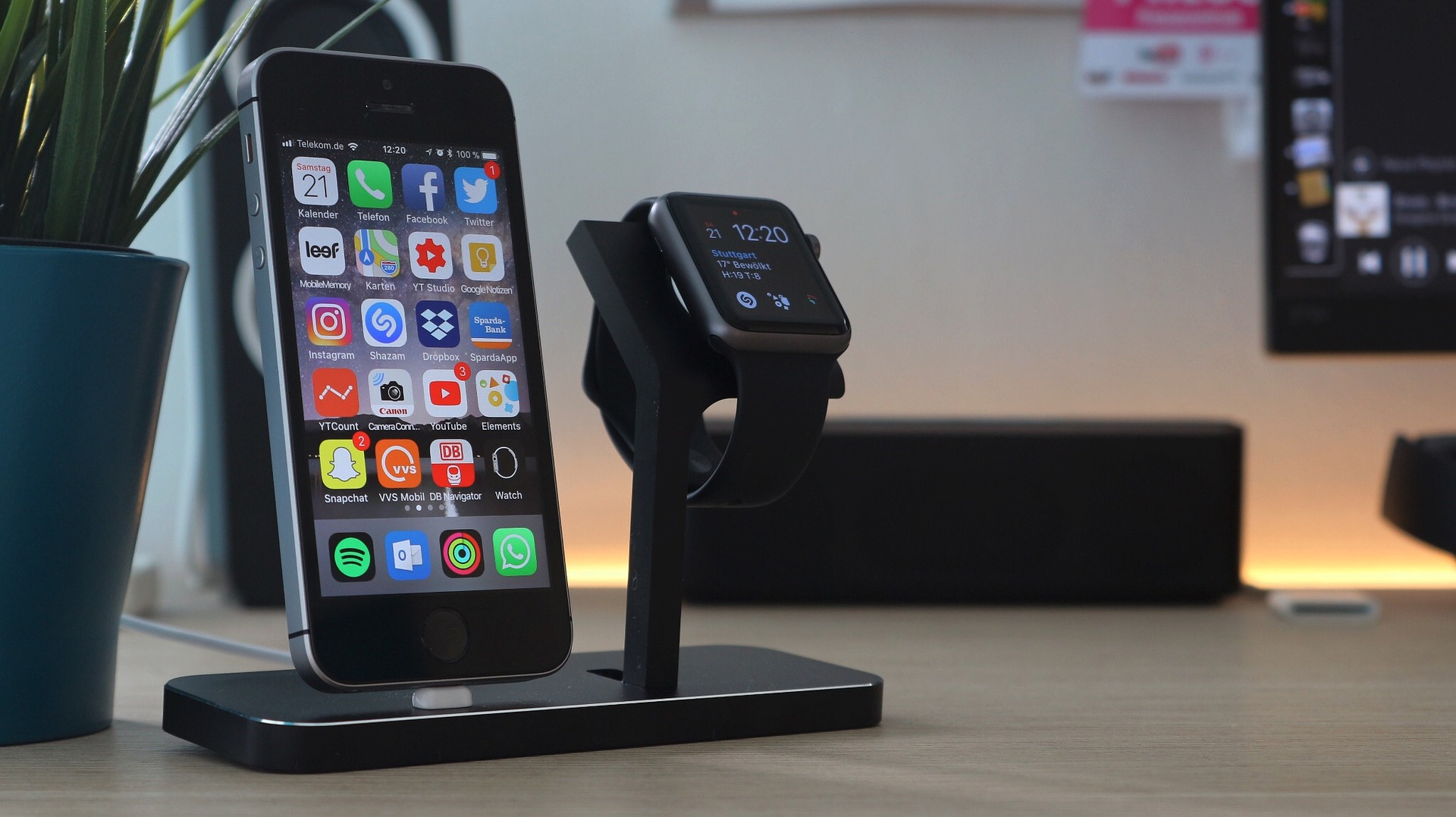
Apple has announced three new health studies using data from its iPhone and Apple Watch products during its annual product-launch event.
With the help of leading academic and research institutions, Apple will be conducting research on hearing, heart and movement, and women's health using data from the devices, as it tries to emphasize on the healthcare functionality of its watch and phone. Using the Research app, device users can opt to participate in the health studies and allow Apple to collect their data.
The Harvard T.H. Chan School of Public Health and the National Institutes of Health's (NIH) National Institute of Environmental Health Sciences will be conducting the Apple Women’s Health Study, which will focus on menstrual cycles and gynecological conditions to help with screenings and assessments for conditions like infertility, osteoperosis and pregnancy.
Meanwhile, the Apple Hearing Study will be under the University of Michigan and will examine how individuals' exposure to sound over time impacts their hearing. Results of this study will be used by the World Health Organization in its Make Listening Safe Initiative.
Lastly, Brigham and Women's Hospital and the American Heart Association (AHA) will be in charge of the Apple Heart and Movement Study, which will measure how heart rate and mobility, such as walking pace and flights of stairs climbed, relate to hospitalizations, falls and heart health.
According to Accenture, the percentage of U.S. consumers using wearables such as Apple's Watch has increased from 9% in 2014 to 33% in 2018. Similarly, a Business Insider Intelligence study revealed that over 80% of consumers are willing to wear fitness technology.
For the past years, the company has placed emphasis on developing health-related technologies. In an interview in January 2009, Apple chief executive officer (CEO) Tim Cook said "If you zoom out into the future, and you look back, and you ask the question, 'What was Apple's greatest contribution to mankind,' it will be about health."






